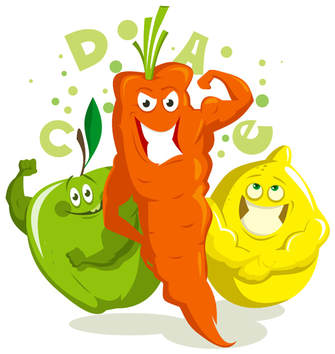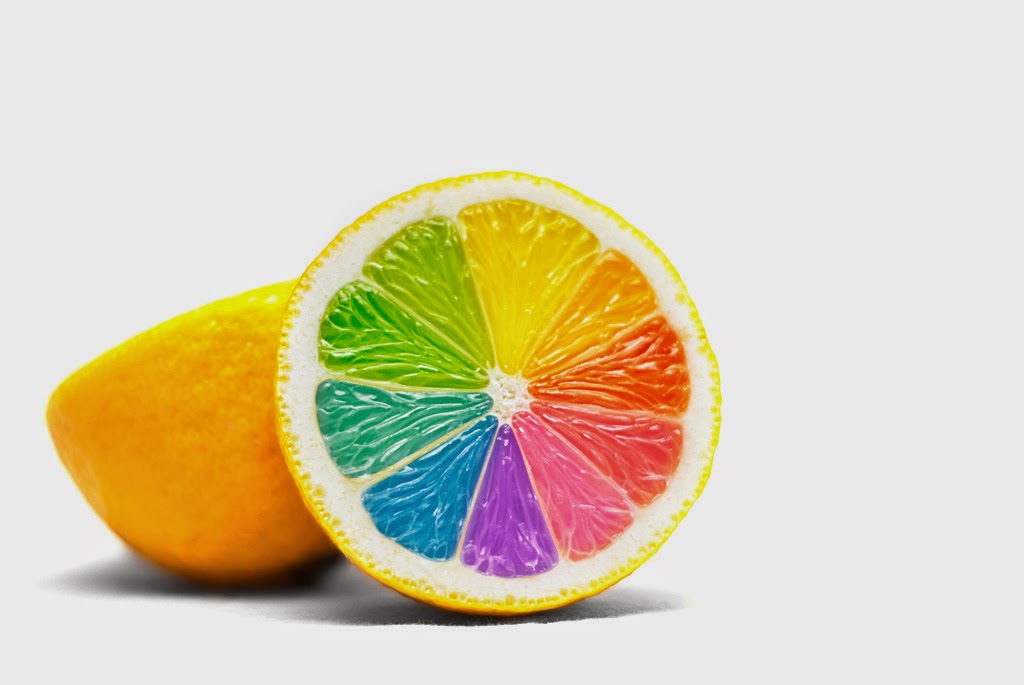 Nourish Your Body with the Right Mix of the Right Nutrients Nourish Your Body with the Right Mix of the Right Nutrients We need none other than a well-balanced diet to supply our body with the essential vitamins and minerals. Just as the name suggests, dietary supplements are those that are intended to supplement a diet but never can be a replacement for foods. Three are quite a few cases where the food we eat do not fulfill all our nutrient requirements resulting in a nutrient deficiency. Given below are few nutrient deficiencies that are more common than we think: Vitamin D Seriously, vitamin D deficiency has become more prominent than ever in all countries worldwide. Most of the individuals do not meet the required vitamin D levels as there are not a whole range of foods that are rich in vitamin D. Sunlight is the most prominent source of vitamin D, a fat-soluble vitamin, and so are fortified dairy products. These products like milk occupy a major role in our daily dietary intake as children. But, as we grow up we start consuming less of milk contributing to decreased vitamin D levels. Calcium is best absorbed by bones in the presence of vitamin D. These days, most of us spend our time indoors devoid of much exposure to sunlight and hence, dairy products are our only lifeline to add vitamin D to our body along with certain mushroom varieties and fatty fish (salmon and mackerel). Read more on vitamin D, its sources and deficiency diseases at www.firsteatright.com. Vitamin E Similar to Vitamin D, this is also a fat-soluble vitamin found in much more food varieties such as nuts, seeds and vegetable oils which fall under the category of healthful fats. It is better to equip your body with vitamin E from these food-based sources instead of consuming pills as large doses of vitamin E pills are associated with greater health risks. Magnesium We mostly focus on vitamins and minerals such as magnesium occupy least priority in our health list despite their numerous benefits. Magnesium is a mineral that helps in more than 300 enzymatic pathways, helps make protein, control blood sugar and blood pressure levels, bone health and needed for making DNA, RNA and antioxidant glutathione. Despite all these advantages, most people aged above 19 years lack in magnesium which is easily available in our every day foods such as whole grains, dark green leafy vegetables and fortified breakfast cereal. Iron Iron supplements amongst the female population is overwhelmingly common as women generally lack in iron due to menstruation. Infants, young children, adolescent girls, pregnant ladies and premenopausal women are included under the maximum-risk category for iron deficiency and iron-deficiency anemia. Animal foods (source of heme iron) such as meat, fish and poultry are preferred over plant foods (non-heme iron) as it is more readily absorbed. It is better to check your iron levels with a physician before you start consuming iron supplements. Vitamin A This fat-soluble vitamin does more than aiding in good vision. It is also necessary for immune function, reproduction and the body’s cellular communication. Animal foods such as milk and eggs are good sources of vitamin A and produce such as green leafy vegetables, orange and yellow vegetables, tomatoes and fruits are great sources of provitamin A. Hence, a combination of both plant and animal foods are a good choice for adding vitamin A to your body. Comments are closed.
|
AVOID FRAUD. EAT SMART.+91 7846 800 800
AuthorDietitian & Nutritionist Dr. Nafeesa Imteyaz. Archives
July 2024
Categories
All
Dr. Nafeesa's Blog @blogspot |
- Home
- Written Testimonials
- Consult
- Clinics
- Blogs
-
Diet & Nutrition
- Diabetes Reversal
- IVF IUI not needed for PCOS PCOD Infertility
-
Medical Nutrition
>
-
Disease & Conditions
>
- Infertility | PCOS
- Diabetes Mellitus
- Cholesterol
- Hypothyroid
- Kidney Problems
- Hypertension
- Cardiovascular Diseases
- Liver Diseases
- Gastro intestinal disorder
- Cancer
- Metabolic Disorders
- Orthopedic Disorders
- Eating Disorders
- Dietary Recall
- Weight Record Filled By Clients
- Online Payment Transaction Details
- Online Clients Weight Check Form
- Our Program Package Service Charges
- Weight Record 2017 Clients
- Measurements sent by Clients
- Terms & Conditions Of Payment
- Thanks. Your Form is Submitted
- Video Testimonials
- Lifestyle & Wellness
- Lifestyle & Wellness Blog
- Allergy & Intolerance
- Weight Loss / Gain
- Weight Loss / Slimming Blog
-
Disease & Conditions
>
- Life Cycle Nutrition >
- Sports Nutrition >
- Integrity in Nutrition
- Knowledge Centre
© COPYRIGHT 2022. ALL RIGHTS RESERVED. FRST HEALTHCARE PVT LTD.
Dr. Nafeesa Imteyaz of First Eat Right clinic, is the Best Dietitian Nutritionist in Bangalore. Best Dietitian Nutritionist in Pune. Best Dietitian Nutritionist in Hyderabad. Best Dietitian Nutritionist in Chennai. Best Dietitian Nutritionist in Mumbai. Best Dietitian Nutritionist in Delhi. Best Dietitian Nutritionist in Kolkata.


